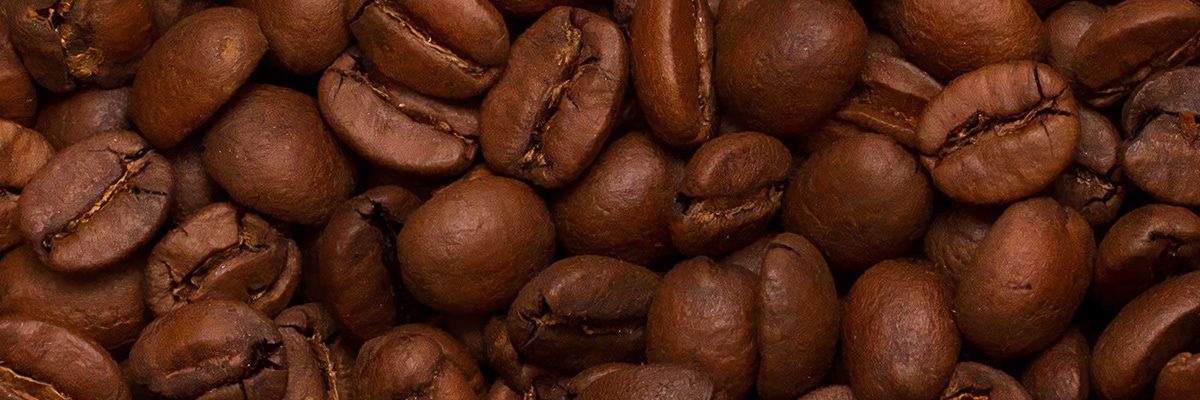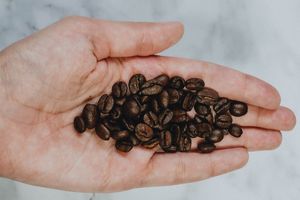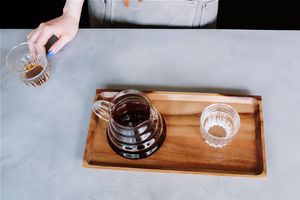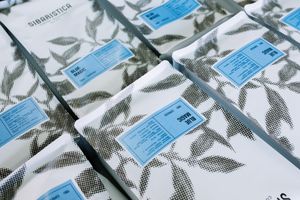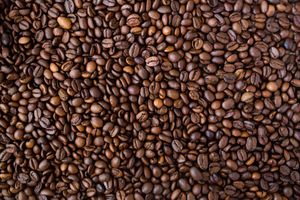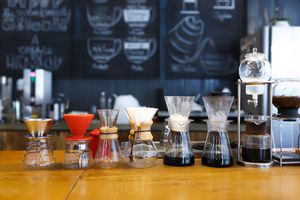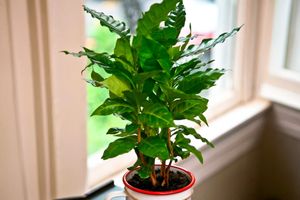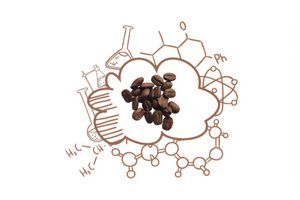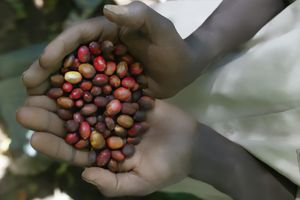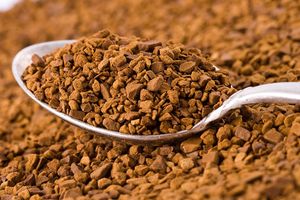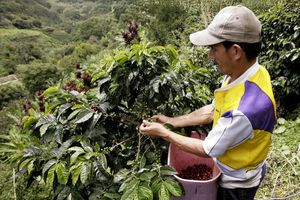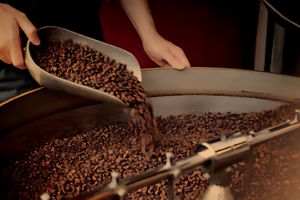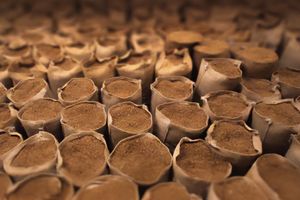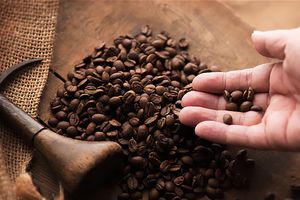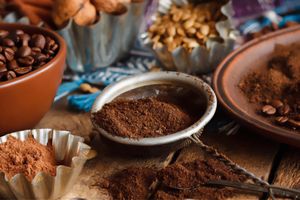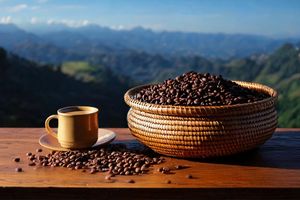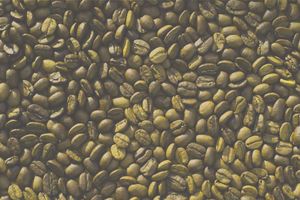Brazil: The Largest Coffee Producer
Brazil is not only a country known for its carnivals and exotic birds but also the world capital of coffee. It is the leading exporter of green coffee beans globally. Over 50% of the population is employed in the coffee industry, where high-tech processing stations and farms are actively being developed.
The History of Coffee Production in Brazil
Coffee beans arrived in Brazil in the 18th century thanks to French colonizers. Initially, coffee did not hold much significance, but due to favorable natural conditions, the country became the world's leading exporter. An interesting fact: at one point, the Brazilian government burned over 70 million bags of coffee to artificially raise the price of the product.
Coffee from Brazil Today
Today, Brazil exports one-third of the world's total coffee volume. Brazilian coffee is known for its consistency, affordability, and quality. The unique growing characteristics—low altitude, even landscape, and planting under the open sun—give the coffee a smooth and comprehensible taste.
Brazil Santos
One of the most popular varieties is Brazil Santos. It is not the name of a farm or a mountain slope, but rather the name of the largest seaport. Coffee is brought to Santos, where it is blended and shipped out. Although we cannot precisely determine the bean variety or growing altitude, Brazil Santos coffee is noted for its consistency and suitability for various brewing methods.
Flavor Profile of Brazilian Coffee
Brazilian coffee does not have the bright fruity or berry notes found in Kenyan or Ethiopian coffee, but it is characterized by notes of chocolate, caramel, and nuts. You can also detect dark berries and dried fruits.
Buy Brazilian Coffee
You can purchase Brazilian coffee beans from our online store buno.com.ua. We offer a wide range of coffee available for both wholesale and retail orders.
Robusta and Arabica
Brazil hardly grows Robusta, remaining the largest exporter of Arabica in the world.
Advantages of Brazilian Coffee
The affordability and quality of Brazilian Arabica make it attractive for business. The price of green beans is about 6 dollars per kilogram, which remains profitable even considering transportation and packaging costs.
Transportation and Packaging Conditions
Brazilian coffee is transported in specialized GrainPro bags, which protect the beans from moisture and prevent mold development.
Ethical Issues in Production
Despite the official abolition of slavery in 1888, instances of child and slave labor are still reported on some Brazilian farms, particularly on large plantations.
















